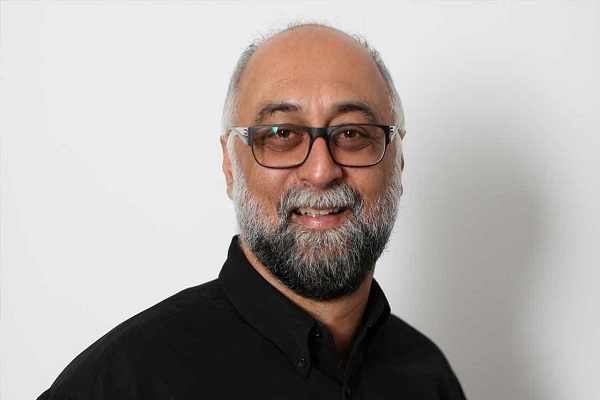Politics behind Violence Attributed to Religion: American Prof.

With growing Islamophobia in the West, some scholars point to the importance of having interfaith dialogue and promoting awareness about religions to eliminate misconceptions.
To further discuss the issue, IQNA has reached out to Dr. Amir Hussain, Chair and Professor of Theological Studies at Loyola Marymount University in Los Angeles where he teaches courses on religion.
His own particular speciality is the study of Islam, focusing on contemporary Muslim societies in North America. He is also Vice President of the American Academy of Religion.
Following is the full text of his interview with IQNA:
IQNA: There has been a growth in violence and terrorism in the name of Islam in recent years. This has led to adoption of negative stances against Muslims and Muslim institutions. What do you think is the main reason for violent acts by some followers of different religions?
Hussain: For many violent acts, the reasons are political not religious. So people in extreme circumstances will respond to violence with violence. Sometimes that is tied into religion, as all religious texts and traditions, including those we think of as “non-violent”, like Buddhism for example, have violence in them. So sometimes people use these texts to justify their violence against others.
IQNA: What do you think is the root of religious extremism and is it possible to fight religious extremism through religion?
Hussain: I think the key is education. Many people don’t know about their traditions, only know what they are taught in a few lines. So for example Muslims who use violence often have “proof texts” to support what they do, but they don’t know the full richness of their tradition. As a Muslim, I go back to the example of the Prophet Muhammad, who when he came to power after the conquest of Mecca, forgave his enemies, those who literally tried to kill him. So religion does have the tools, but they need to be used and understood properly.
IQNA: In history, we have witnessed the occurrence of wars and tensions with religious roots (such as the cases of tension between Hindus and Muslims in India). How can tolerance and peace be promoted peace through religion?
Hussain: In the answer above, I wrote about examples of religious tolerance. I think that’s the key. Do we know the resources for peacemaking in our traditions? Or do we try to rewrite history to suit our own agenda?
IQNA: How do you think Muslims and those who believe in Islam in Western countries can deal with the misconceptions that Islam promotes violence?
Hussain: The first is for Muslims to live out their lives as good Muslims, living in peace with their neighbors. This faithful witness is key, so people see the Muslim next door as a good neighbor. The second is to work for peace. It’s hard to volunteer for good causes, go to your child’s school to help out, donate to charity, but these are all important. We are citizens in various countries, and we need to be good citizens. I think that’s the key. Then it’s education, educating ourselves about our own religion, and the history there of peace and non-violence.
IQNA: How effective do you consider the role of interfaith dialogues in promoting peace?
Hussain: This is crucial, as you first need to learn about your own religion. That’s the importance of education. Then it’s educating others about your religion, and learning from them. So many people who are scared of Muslims don’t know any Muslims. We need to be out there, in the public sphere, doing good works and living out our lives.
Interview by Mohammad Hassan Goodarzi



